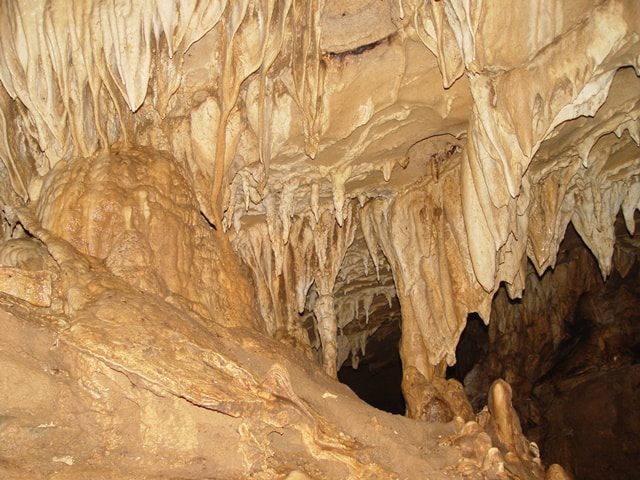The U.S. Embassy in Costa Rica has issued a warning about a heightened risk of histoplasmosis associated with caving activities. Costa Rica is regarded as endemic for the disease, attributed to the Histoplasma capsulatum fungus, because of its climate and soil conditions. The Centers for Disease Control and Prevention (CDC) states that histoplasmosis is a lung infection acquired by inhaling fungal spores present in soil contaminated with bat or bird excrement.
Although numerous people exposed to the spores show no symptoms, the infection can lead to mild to severe pneumonia-like signs and, in certain instances, life-threatening complications. Symptoms generally manifest between 3 to 17 days following exposure and can involve fever, cough, exhaustion, chills, headaches, chest discomfort, and muscle aches. The infection is frequently misidentified because it resembles bacterial or viral pneumonias.
Critical instances, particularly in those with compromised immune systems, may result in persistent lung infections or, in uncommon cases, extend to other organs like the brain and spinal cord. “Histoplasma exists in the environment in various regions of the United States and globally.” “Typically, when individuals inhale the fungal spores, they do not become ill,” the CDC clarified. Nonetheless, it can lead to severe health issues, especially in individuals with preexisting health problems.
“If you experience any of these symptoms, especially after visiting cave attractions, seek medical attention immediately,” the U.S. Embassy advised. Diagnosis generally requires blood or urine tests, and additional assessments like chest X-rays, CT scans, or analysis of lung fluids may be necessary.
Tourists traveling to Costa Rica should remain aware and take essential precautions when participating in activities that may present health risks. “The U.S. Embassy in San José remains committed to ensuring the safety and well-being of U.S. citizens in Costa Rica. Please take appropriate precautions and stay informed,” the embassy stated.






